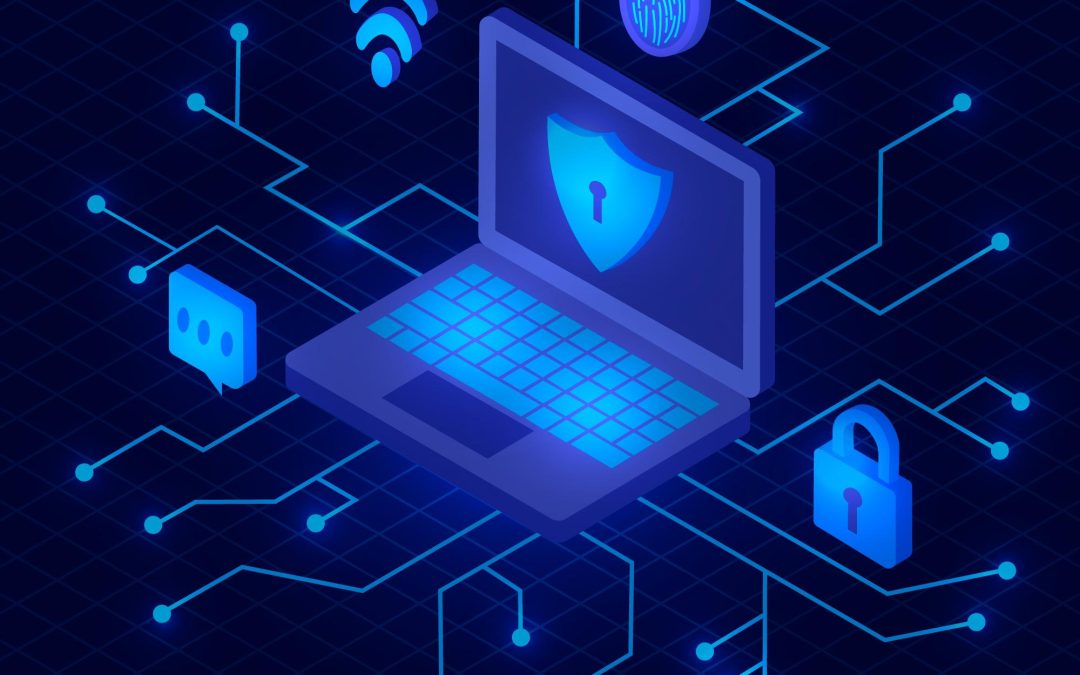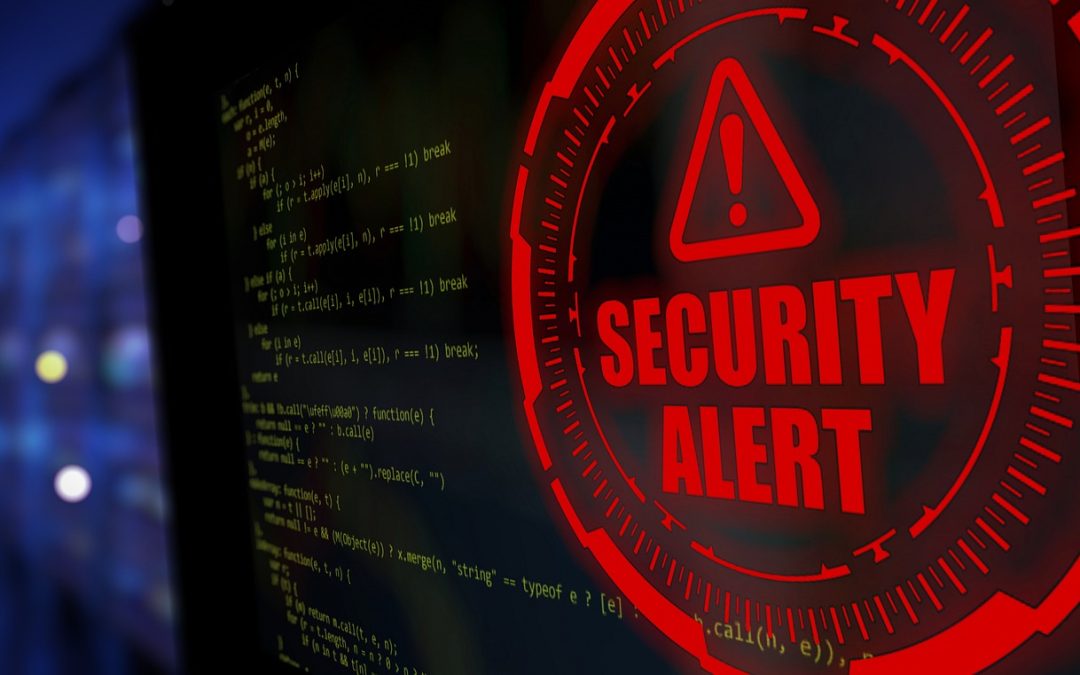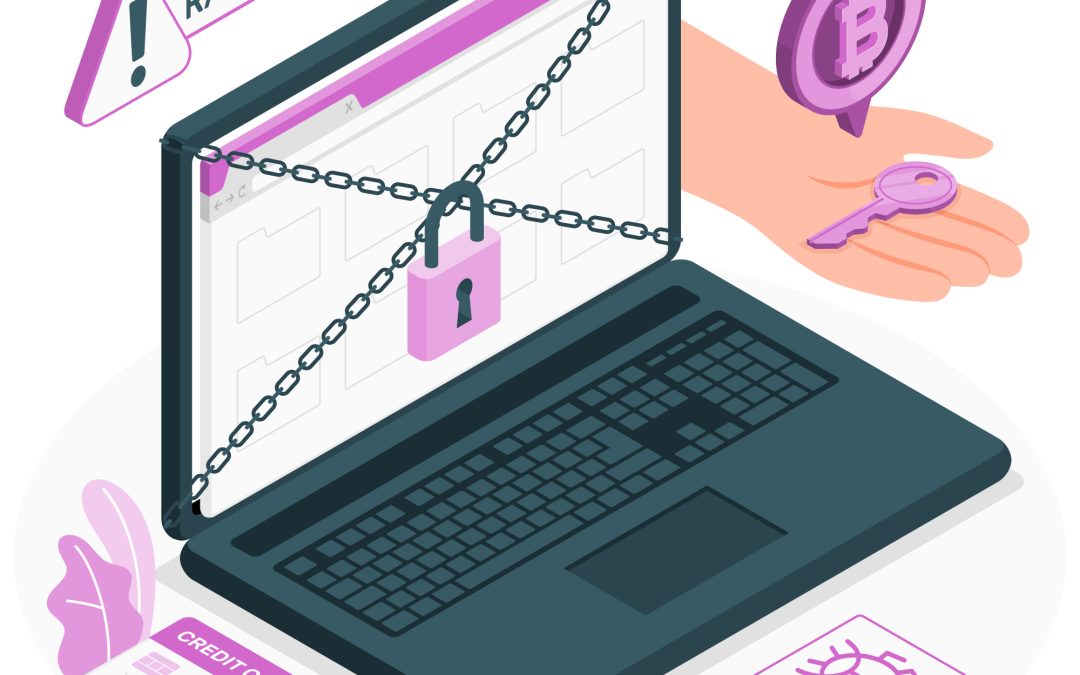Malicious software, or malware, is any program designed to damage or perform unauthorized actions on a user’s computer system. Here’s an overview of the most common types of malware and how to protect yourself against them.
Main categories of malware
Viruses
Among the best-known types of malware, the virus attaches itself to legitimate files and spreads to other files and computers when executed. It can cause a wide range of damage, from deleting files to rewriting the hard disk.
Ransomware
A ransomware is malicious software that blocks access to a computer or files by encrypting them and demanding that the victim pay a ransom to gain access again.
This type of malware is one of the most used in attacks on businesses and organizations. By 2022, the total amount of lost sales suffered by French companies due to ransomware is estimated at around 1.1 billion euros.
Scareware
Scareware fools users into believing that their computer is infected by a virus. It invites the user to pay for useless security software that doesn’t really protect workstations.
Spyware
Spyware is designed to monitor and collect information about users without their consent, from browsing history to keystrokes. In corporate environments, it can take part in industrial espionage operations. It can also collect data for resale to third parties for advertising purposes.
Trojan horse
Unlike a virus, a Trojan horse masquerades as legitimate software but, once executed, gives unauthorized access to the user’s workstation. It is often used to install other malware and/or steal information.
Adware
Intrusive, the adware will display unwanted ads that can slow down the computer or redirect the user to malicious websites.
Fileless malware
This type of malware resides directly in RAM, without writing to the hard disk. This makes it more difficult for traditional antivirus software to detect and remove. It can execute malicious actions by exploiting software or files present on the workstation.
How to avoid malware infection?
Avoiding malware infection is essential to maintaining the security and integrity of IT systems. Here are a few tips to help you protect yourself against these threats.
Install antivirus software
Installing robust antivirus software is the first line of defense against malware. These programs are designed to detect, prevent and eliminate malware before it can cause any damage. To maximize their effectiveness, it’s essential to keep your software up-to-date to ensure protection against emerging threats.
Remember to perform regular system-wide scans to detect and remove potentially undetected malware.
Do not insert unknown USB sticks into company networks
USB sticks and other removable media can be easily infected by malware and used as a vector for its propagation across corporate networks. Today, they account for around 37% of intrusions. They account for around 37% of all intrusions.
To prevent this threat, a clear security policy must be put in place regarding the use of external media. This involves installing decontamination stations, as proposed by TYREX. Our white stations examine USB ports, identify and neutralize threats, for safe use.
Do not download attachments or software from unknown senders
Attachments and software from unknown or untrusted sources are common vectors for malware infection. To avoid the risks, consider educating employees about the dangers of dubious downloads and cybersecurity.
Set up email filters to block or flag suspicious emails. This will reduce the risk of accidentally downloading malicious attachments.
🔎 You may also like this article:
Cybersecurity: 5 key actions for businesses and local authorities














